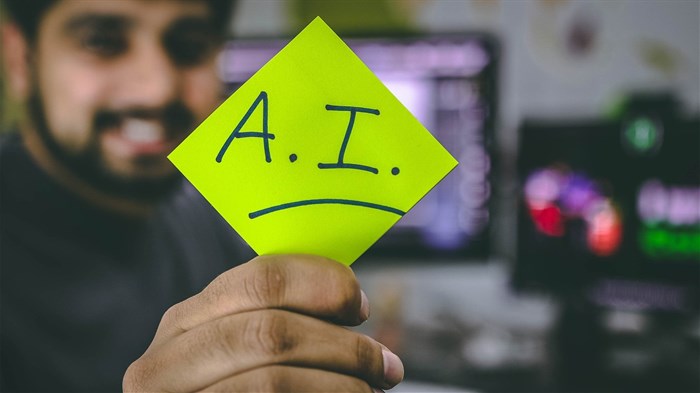
Subscribe & Follow
Will AI replace the human payroll professional?

But while this is great news for any business looking to automate its payroll, what are the implications for payroll practitioners? Does this mean their careers are in jeopardy?
In a word, no, says Ian McAlister, general manager of CRS Technologies, which specialises in the provision of human resources and payroll solutions and services.
“While AI can significantly streamline many aspects of payroll management, it cannot entirely replace the human touch and expertise of the payroll professional. Addressing employee-specific issues or dealing with extraordinary circumstances often demands human judgment and problem-solving skills that AI simply does not possess.
“In any organisation, it’s not uncommon for employees to have questions or concerns about their salary, taxes or benefits. Complex and sensitive payroll-related issues require personal attention and understanding and the reality is that AI is simply not capable of providing the empathy and communication skills that human professionals can offer. Indeed, expecting employees to take all their queries to an AI system can be detrimental to morale and trust in the organisation and negatively impact productivity and even staff turnover.”
Interpreting legislation
Another integral part of the payroll process is legislative and regulatory compliance, McAlister continues.
“Payroll professionals are required to stay abreast of constantly changing tax regulations, as well as labour and employment legislation. While AI can help automate compliance checks, human expertise is indispensable when it comes to correctly interpreting intricate laws and regulations to ensure accurate and lawful payroll processing.
“Additionally, payroll professionals can help identify cost-saving opportunities related to changing legislation and advise on strategies to minimise tax liabilities. This will ultimately benefit the organisation's bottom line.”
Strategic decision-making
Payroll professionals’ extensive experience and understanding of an organisation’s payroll data also enables them to provide valuable insights and recommendations on the company’s strategic direction.
AI-generated insights are certainly helpful, says McAlister, but it takes a human to contextualise the data, align it to organisational goals and objectives and make informed decisions.
“That AI is a powerful tool that can significantly enhance the efficiency and accuracy of the payroll process cannot be disputed, but the personal interaction that the payroll professional brings to the table should never be dismissed.
“The better approach is to integrate AI as a supportive tool that is geared to enhancing the payroll professionals’ capabilities rather than replacing them. It is only through a collaboration between AI and humans that more efficient, accurate and strategic payroll management can be ensured,” McAlister concludes.
Related
#BizTrends2025: What’s next for HR and payroll? Top trends to watch in 2025 Ancel Draai 4 Feb 2025 AI in remuneration and payroll - don't fall for FOMO 29 Jan 2025 #BizTrends2025: AI-assisted HR - fast-forward to business value Caroline van der Merwe 16 Jan 2025 5 key factors to finding the right payroll service provider for your company Ian McAlister 30 Dec 2024 Planning on global expansion? Do not rely on plug-and-play payroll and HR 9 Dec 2024 E-HR strategy: What it is and how it can improve organisational efficiency and employee experience Mandisi Dube and Jaén Beelders 12 Jun 2024 What to consider when managing cross-border payroll 15 May 2024 6 specialist tips to combating payroll fraud 29 Apr 2024








